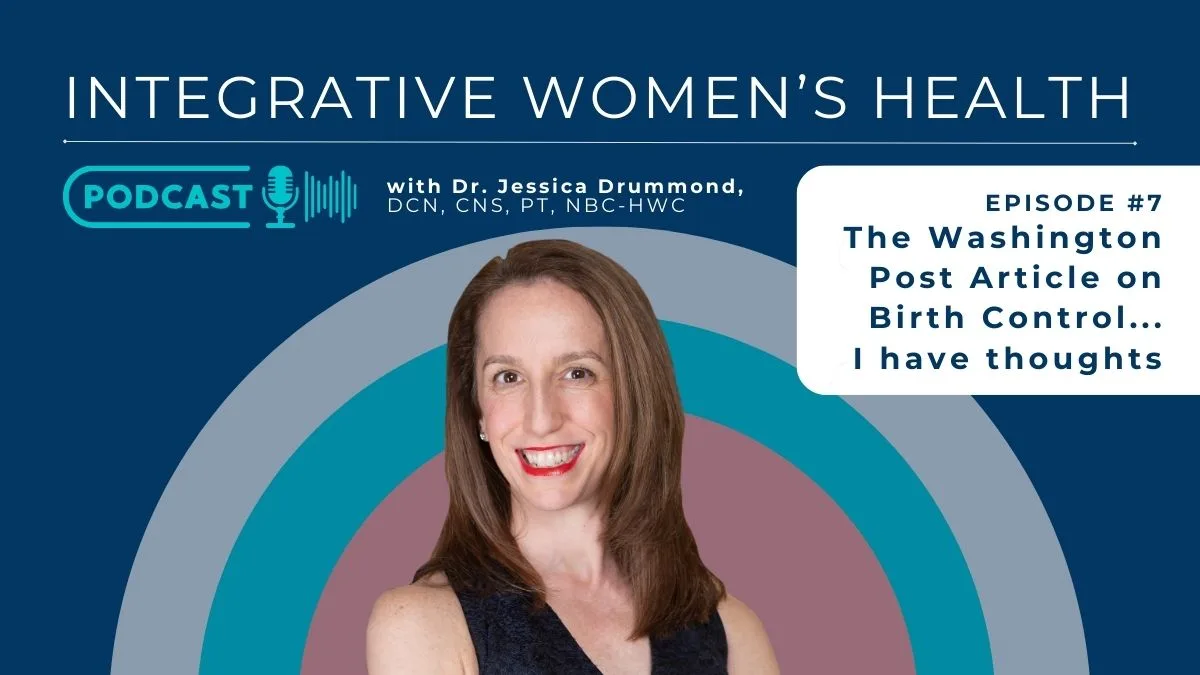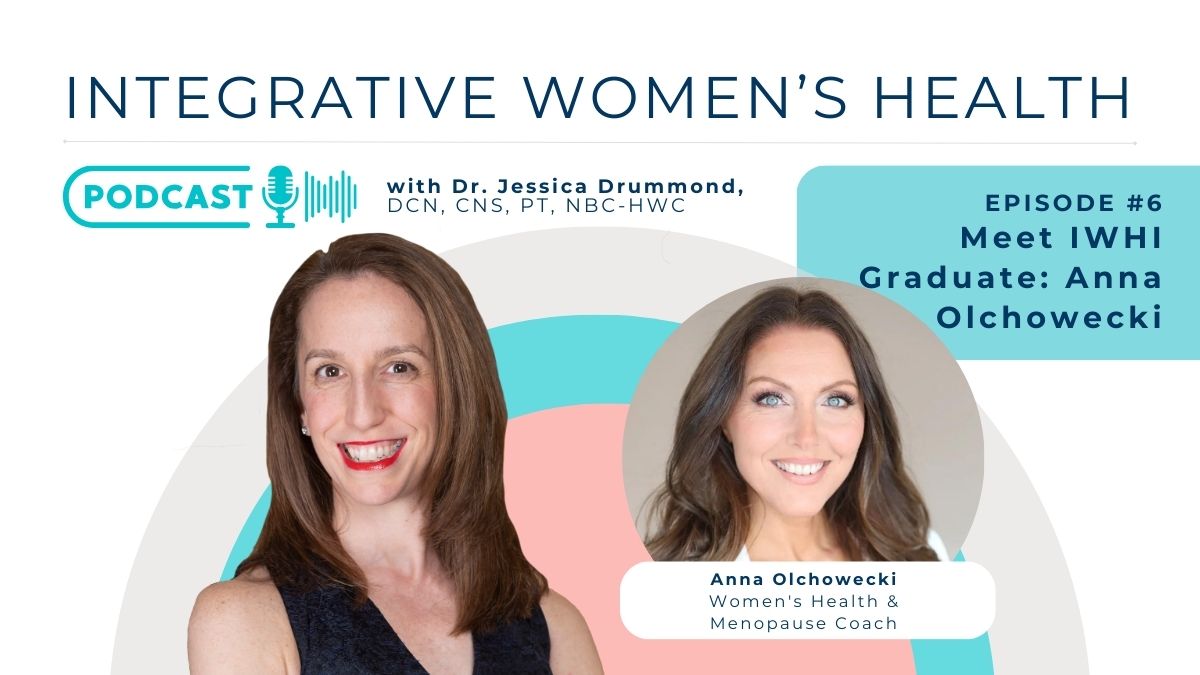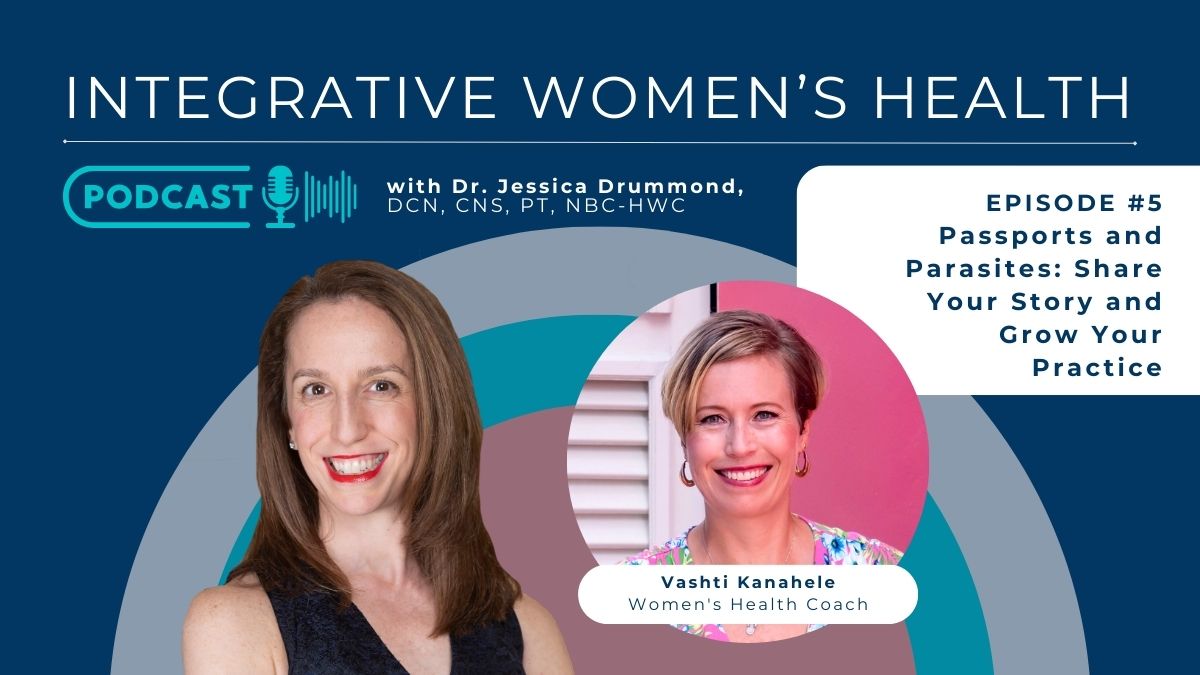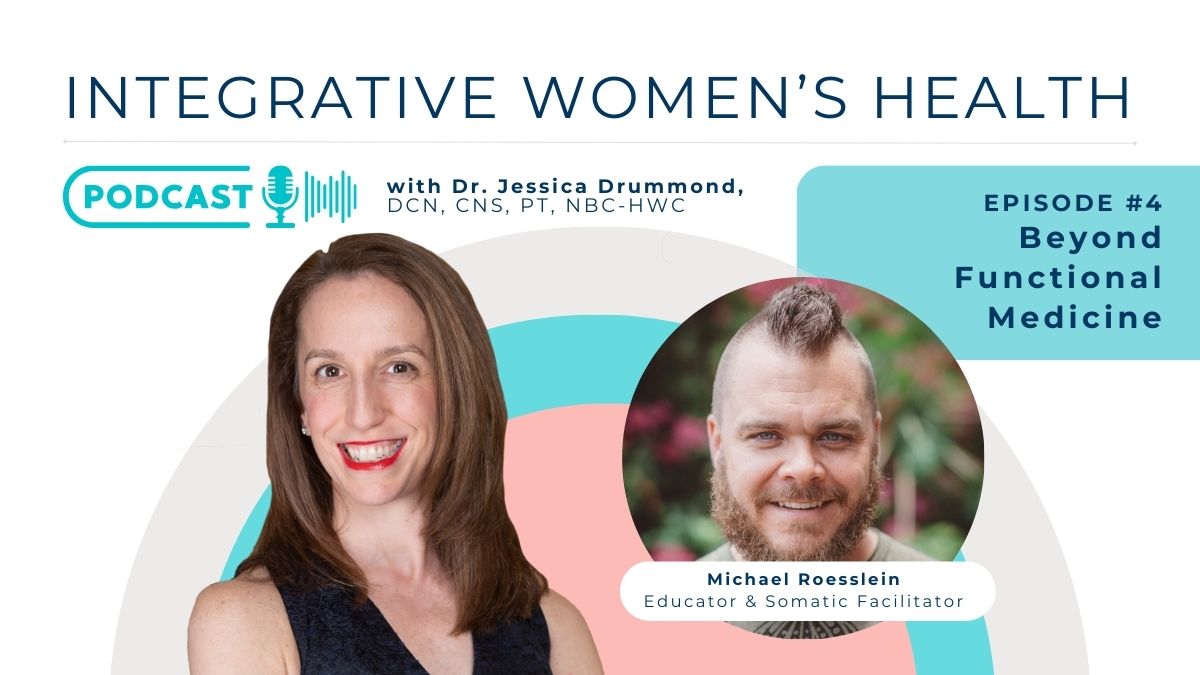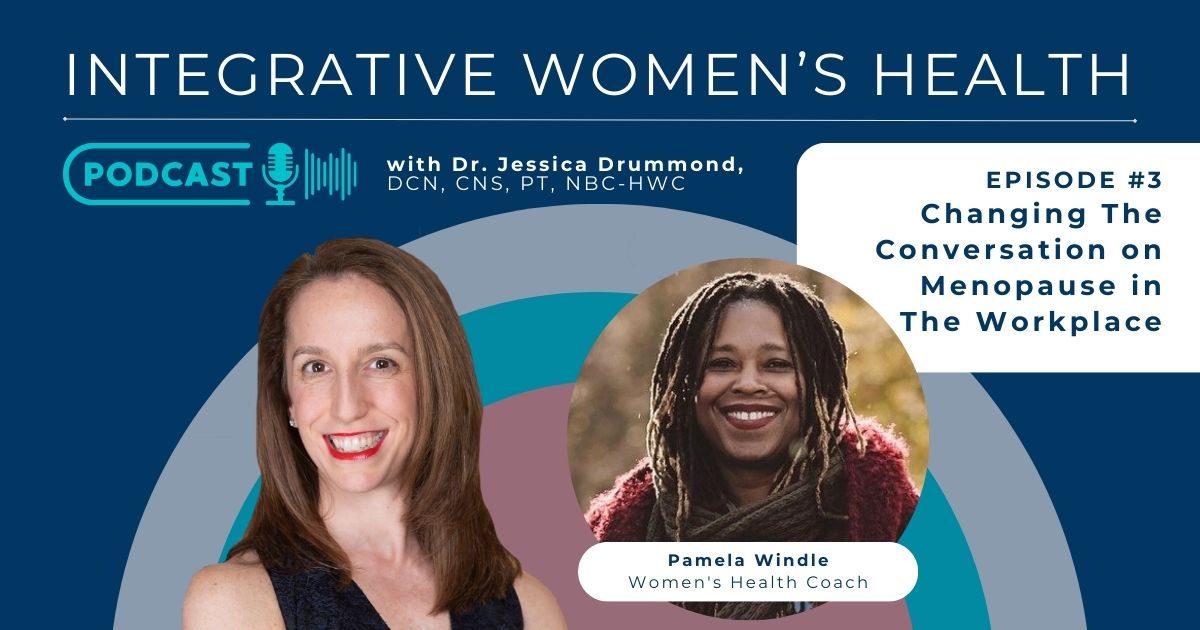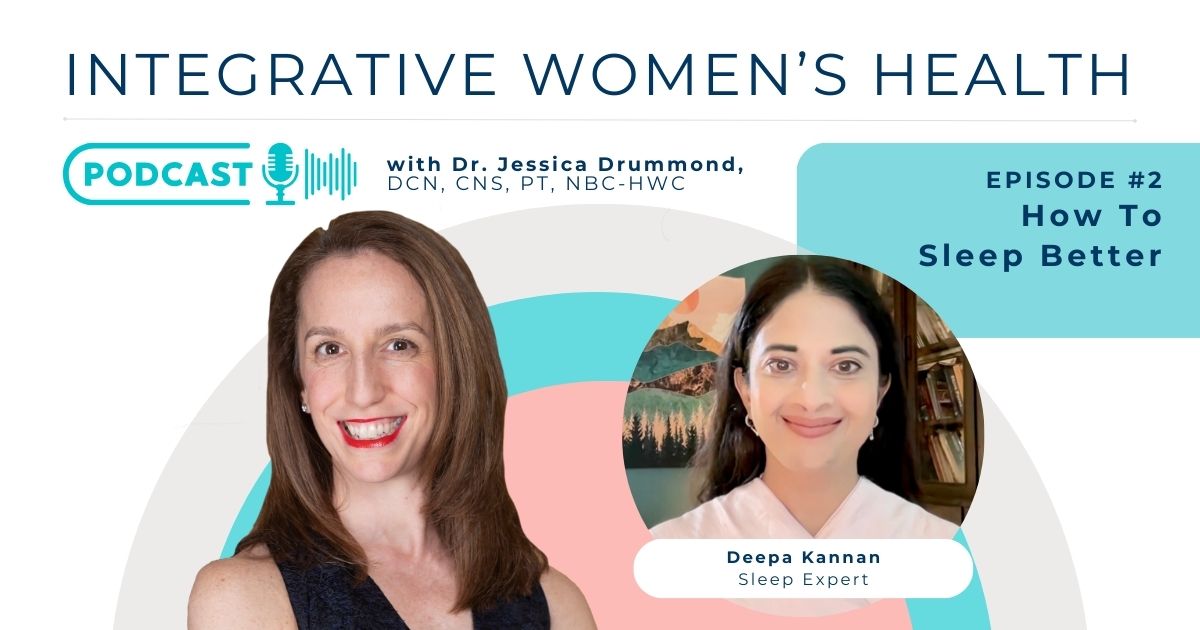Food sensitivities are a hot topic these days. It seems like more and more people are going gluten-free or dairy-free or soy-free or something free! But why? And, what does this have to do with you, if you’re suffering from pelvic pain that’s related to your bladder, vulvodynia, endometriosis, PCOS, pelvic floor muscle spasm or even pregnancy-related joint pain?
The simple answer is that food sensitivities cause inflammation by causing the immune system (most of which surrounds the digestive system) to overreact. The digestive system is very fragile. There is a one-cell thick lining through the digestive system that is charged with allowing nutrients to be absorbed, and keeping toxins from leaking through the lining into circulation. If this gut lining is injured by inflammation, an overgrowth of unhealthy bad bacteria, or stress, then the system fails, and larger particles of undigested food leak through the lining. The immune system doesn’t recognize these large food particles and it attacks the large food particles (even if they come from foods that are normally healthy), creating an autoimmune reaction.
Imagine that your gut lining is damaged because you have been under a lot of stress lately (stress hormones are hard on the gut lining), then you eat a piece of cheese, and pieces of it leak through the holes in your gut lining and into your bloodstream. Your immune system will go on the attack and build up antibodies to the cheese (dairy.) If this happens on a regular basis, maybe you have milk on your cereal each morning or yogurt at lunch most days, and you will build up an overactive immune response to dairy foods every time that you eat them. One of the key tools of the immune system for healing is called inflammation – redness, swelling, pain, and heat. If you’re trying to heal a skin cut, or if you have an acute sprained ankle the inflammatory process works to heal the acute injury and then stops. But, if your immune system is activating an inflammatory response every time that you eat dairy foods (daily!) then that inflammatory response is going to cause you to have pain daily. If you eat dairy foods every once in a while, the pain may be less frequent. But, even if you don’t eat these foods daily, the immune inflammatory response can last up to 3 weeks, so you might be in pain even on a day when you didn’t have any cheese or yogurt.
The pain may not be only in the gut region. Chronic inflammation can show up as pain anywhere in the body (including your pelvis.) Chronic inflammation can also look like skin irritation such as in the case of chronic eczema. It can also look like sinus congestion, fatigue, or bloating. It can contribute to chronic diseases like vascular disease or cancer, and it can even create excess weight. That is why when the underlying cause of the inflammation (the injured gut lining and the cheese that passes through it in this example) is removed, so many seemingly unrelated health problems can resolve at once.
How can you figure out if this is a problem in your body – making your pelvic pain (and other symptoms) worse?
First, do an elimination diet or do a blood test, such as the ALCAT, that will test for IgG or other inflammatory markers with exposure to different foods. The elimination diet is the gold standard for effectiveness, and blood testing can be very helpful in cases where more uncommon foods or other substances are triggering the inflammation.
At The Integrative Pelvic Health Institute, we offer cleanse programs four times each year in concert with the seasons. Our cleanses are created to be delicious and seasonal elimination diet programs. Participating in a cleanse is a great way to begin to experiment with which foods may be triggering your pain, weight gain, or other chronic symptoms.
Once you have identified the foods or other substances that may be triggering an overreaction from your immune system, it’s time to eliminate them from your diet and your life for at least 3-6 months. In the meantime, we work with our clients to heal the lining of the gut by feeding the tiny gut cells their favorite food (glutamine), feeding the healthy bacteria that live in the gut (and starving the unhealthy bacteria), and using other healing foods and supplements to accelerate gut healing.
It is important to address stress, hormonal imbalances, infections, medications, and other factors that can irritate the fragile gut lining at the same time so that it will fully heal while you are giving it a rest from the foods that are triggering so much inflammation (and pain!)
In a 2012 study done in Italy, 75% of the women in the study with endometriosis experienced significant pelvic pain relief just by removing gluten from their diets. And, while gluten may not be your trigger, it’s certainly worth doing the detective work to find out if food sensitivities could be the source of your pelvic pain.
Have you ever used an elimination diet or food sensitivity testing to look for your own food sensitivities? Did eliminating those foods from your diet, healing your digestive lining, and calming your overactive immune system reduce or relieve your pelvic pain? I would love to hear your stories in the comments below.
xo,
Jessica

